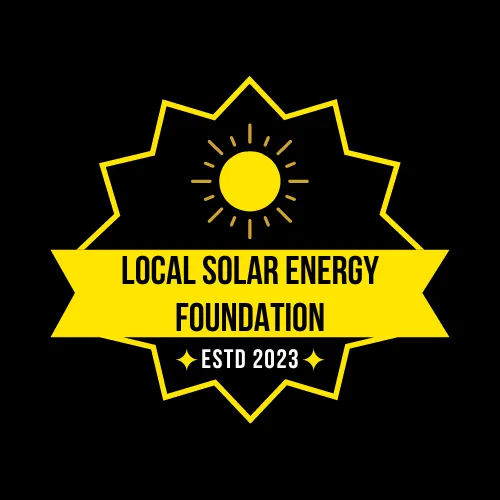Call Us With Your Solar Questions: (845) 262-4480
Get educated about solar

10 Ways Photovoltaic Solar Energy Stands Out from Alternatives
In an era where sustainable and renewable energy sources are gaining prominence, photovoltaic solar energy has emerged as a standout solution. Harnessing the power of the sun, solar energy has become increasingly popular due to its numerous benefits over alternative energy sources. Let’s explore 10 ways in which photovoltaic solar energy sets itself apart from other alternatives, highlighting why it is a smart choice for a cleaner, greener future.
Abundant and Renewable: Unlike fossil fuels, which are finite and depletable, the sun's energy is abundant and renewable. With nearly limitless power potential, photovoltaic solar energy provides a sustainable and long-term solution to our energy needs, ensuring a reliable source of electricity for generations to come.
Environmentally Friendly: Solar energy is a clean and environmentally friendly energy source. It produces no greenhouse gas emissions, contributing to a significant reduction in air pollution and mitigating climate change. By choosing solar energy, we can reduce our carbon footprint and work towards a greener and healthier planet.
Download Our Free Guide Or Speak with One of Our Solar Experts Now, Call (845) 262-4480
Energy Independence: One of the key advantages of photovoltaic solar energy is its potential to offer energy independence. By installing solar panels on homes or businesses, individuals can generate their own electricity and reduce their reliance on traditional energy sources. This independence provides stability, especially during power outages or emergencies.
Cost-Effective: Over the years, the cost of solar panels has significantly decreased, making photovoltaic solar energy increasingly affordable. Additionally, once installed, solar energy systems have minimal maintenance costs. With numerous financing options and potential savings on electricity bills, solar energy can result in significant long-term cost savings.
Scalability and Modularity: Photovoltaic solar energy systems are highly scalable and modular. They can be installed in various sizes and configurations, ranging from small residential setups to large-scale utility plants. This flexibility makes solar energy suitable for a wide range of applications, accommodating diverse energy needs in both urban and rural areas.
Silent and Non-Intrusive: Solar panels operate silently, without producing any noise pollution. Unlike certain alternative energy sources such as wind turbines or fossil fuel generators, solar energy systems have minimal impact on the surrounding environment and human settlements. This characteristic makes them an ideal choice for residential and commercial installations.
Decentralized Power Generation: Solar energy promotes decentralized power generation, shifting away from centralized energy production. By generating electricity at the point of consumption, solar energy reduces transmission and distribution losses associated with long-distance power delivery. This decentralized approach enhances grid resiliency and helps avoid energy losses during transmission.
Download Our Free Guide Or Speak with One of Our Solar Experts Now, Call (845) 262-4480
Long Lifespan and Durability: Solar panels have a long lifespan, typically ranging from 25 to 30 years or more. With minimal degradation over time, photovoltaic solar energy systems offer reliable and durable power generation. Additionally, advancements in solar technology continue to improve the efficiency and longevity of solar panels, ensuring a high return on investment.
Job Creation and Economic Benefits: The solar energy sector has the potential to create numerous job opportunities (growing from 250,000 to 750,000 workers by the end of the decade). From manufacturing and installation to maintenance and research, the solar industry supports a range of employment prospects. Moreover, investing in solar energy stimulates local economies, reduces dependence on foreign energy sources, and promotes sustainable economic growth.
Technological Advancements and Innovation: The field of photovoltaic solar energy is rapidly evolving, driven by continuous technological advancements and innovation. Researchers and engineers are constantly working on improving solar panel efficiency, storage solutions, and integration with other renewable energy sources. This ongoing progress ensures that solar energy will continue to be at the forefront of the global energy transition.
Conclusion: Photovoltaic solar energy stands out from alternatives due to its abundance, environmental friendliness, cost-effectiveness, scalability, and many other advantages. By harnessing the power of the sun, we can reduce our carbon footprint, achieve energy independence, and create a sustainable future. As solar technology continues to evolve, its potential to revolutionize the energy sector becomes even more promising. Embracing photovoltaic solar energy is a wise choice that paves the way for a cleaner, greener, and more prosperous world.
